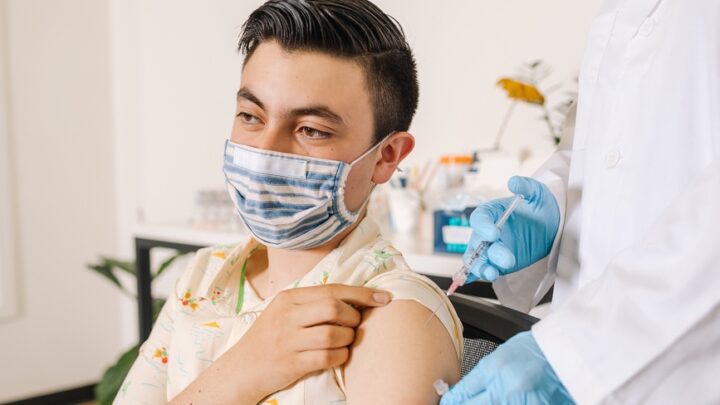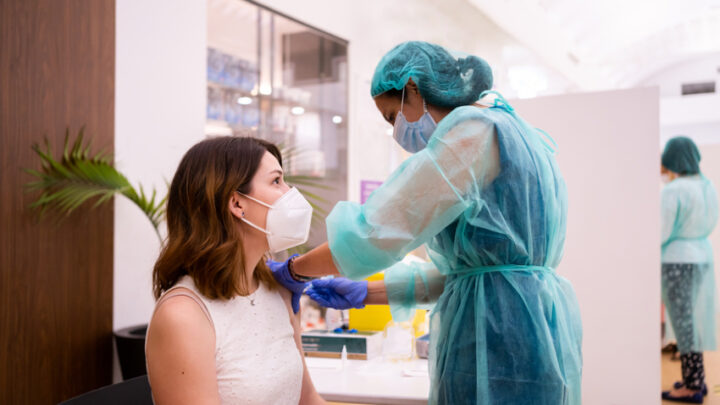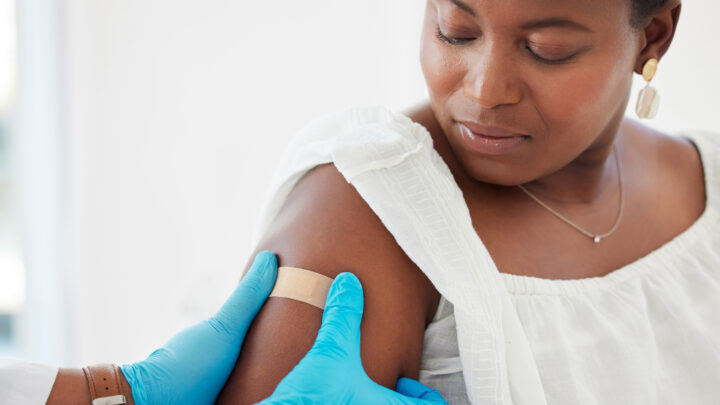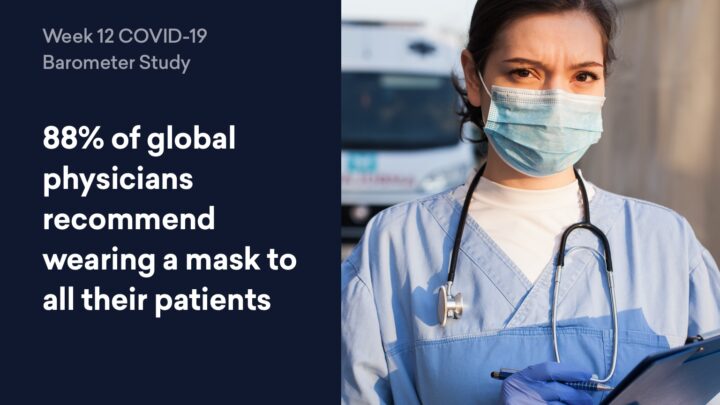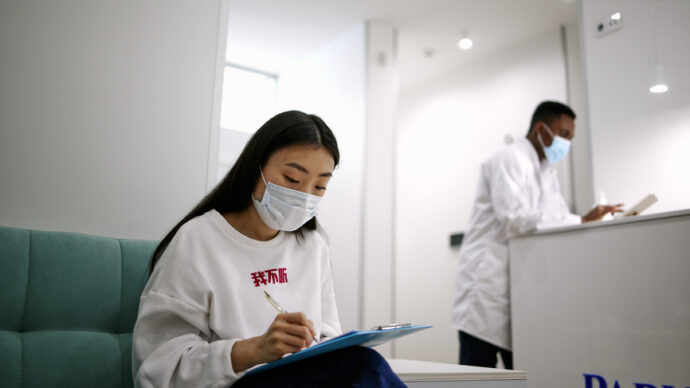
Universities and colleges are dealing with logistical and political issues as they try to create safe campus for returning students in the fall.
According to the Washington Post, “Schools surmounted crises of the past year through a combination of tactics: Remote teaching, mask mandates, frequent viral testing, outdoor tents, quarantine and isolation bedrooms, plastic barriers in lecture halls and more.
Now, even as the covid-19 death toll passes 600,000 in the United States, the pandemic threat appears to be easing, especially in places with high vaccination rates. But maintaining public health on packed campuses with sizable shares of unvaccinated students and employees could prove difficult. Colleges may need to keep asking students to swab inside their noses or spit in test tubes to check for resurgence of the virus or the spread of variants.
‘Because we expect to see more students on campus, in closer contact with others … we can’t be complacent about it,’ said Gerri Taylor, co-chair of the covid-19 task force of the American College Health Association. ‘Colleges are really going to have to be watching for cases and watching with their dashboards to see, “Are numbers going up?” They need plans in place to pivot if they need to.’
To avoid a reprise of pandemic disruptions, educators are pushing as hard as possible in the next several weeks for mass inoculation. The health association recommends colleges require vaccination of on-campus students where state law allows.
‘I think all colleges would like to go back to business as usual, provide a college experience that students missed out on last year and desperately wanted,’ Taylor said. ‘I think their best chance for that is to provide a high level of immunization on campus, however they do that.’
Purdue is pushing incentives. Students who document their coronavirus shots by July 15 will be eligible for a lottery-style drawing to receive a prize of $9,992, worth a year of in-state tuition. They can also skip surveillance testing for the virus, and they may enjoy what officials describe as ‘greater amounts of choice’ with campus activities. What that extra choice means is still to be determined.
Indiana University officials say their mandate will facilitate equal treatment of students, effectively making moot questions about who’s vaccinated and who’s not. Officials say they don’t want to police the vaccine status of individuals as they move about campus. The university will simply require students to “attest” that they have been vaccinated, with exemptions available for medical and religious reasons and for online-only students. It is urging, but not requiring, students to upload immunization documents…
Chuck Carney, a spokesman for Indiana University, said in a written statement that the requirement remains in place, helping to support a return to safe and more normal operations in the fall. The university revised its process after the Indiana attorney general issued an opinion, Carney noted, and it no longer requires people upload proof of vaccination. ‘The attorney general’s opinion affirmed our right to require the vaccine,’ he said.”
Sermo physicians have strong opinions on this topic. In a poll of 380 global physicians, 76% said universities and colleges should require vaccination of returning students, faculty, and staff. And 76% also worry that without mass inoculation, college campuses will be a breeding ground for new variants this fall and winter. In addition, 77% worry that the more contagious Delta variant will be a disruptive force on college campuses this fall.
Fifty-seven percent of doctors said there are political forces driving vaccine reluctance in their state or region. When asked what percentage of college-aged patients are vaccinated in their practice or region, this is how the physicians responded:
36% said 5 – 25%
21% said 25 – 50%
14% said 0 – 5%
13% said 50 – 75%
5% said 75 – 100%
Here is more of what Sermo physicians have to say on this topic:
Young people all think they are immune from illness and disease and death. I have heard over and over from my college bound/age patients that they “are healthy and don’t need the shot”. If the vaccine is required to attend classes in person and not via zoom, they will take the shot.
Pediatrics (excluding surgery)
I believe most grade schools and many colleges and universities require certain vaccination (eg. for DPT, polio, measles, hepatitis, meningococcus) for attendance. My med school required rubella vaccination for all med students without rubella antibodies. I agree that is an infringement of one’s freedom, but I think rights imply responsibilities. Don’t we say that the right to falsely “yell fire in a crowded theater” is impinged by your responsibility for the safety of the others in the theater?
Radiology
The student community of any country could become a source of contagion, if its members are not vaccinated.
Urology
This is an experimental drug. It should NEVER be force on young people. Positive antibodies for COVID are BETTER than any from a vaccine. When all the data is in I think that giving the vaccine to people with COVID antibodies will explain a lot of significant reactions to the vaccine.
Internal Medicine
Everybody has got the chance and the choice either to get the shots or to endure the disease. That’s the situation. Hopefully, presuming higher IQ-levels, the college students are more likely to choose the shots.
Ophthalmology
All students and faculty should be required to be vaccinated. Although young people do not tend to die from COVID, they can have complications and in our hospital the younger patients tend to have long hospital stays. I don’t want them giving it to anybody else. We’ve got to get this pandemic under control.
Neurology

